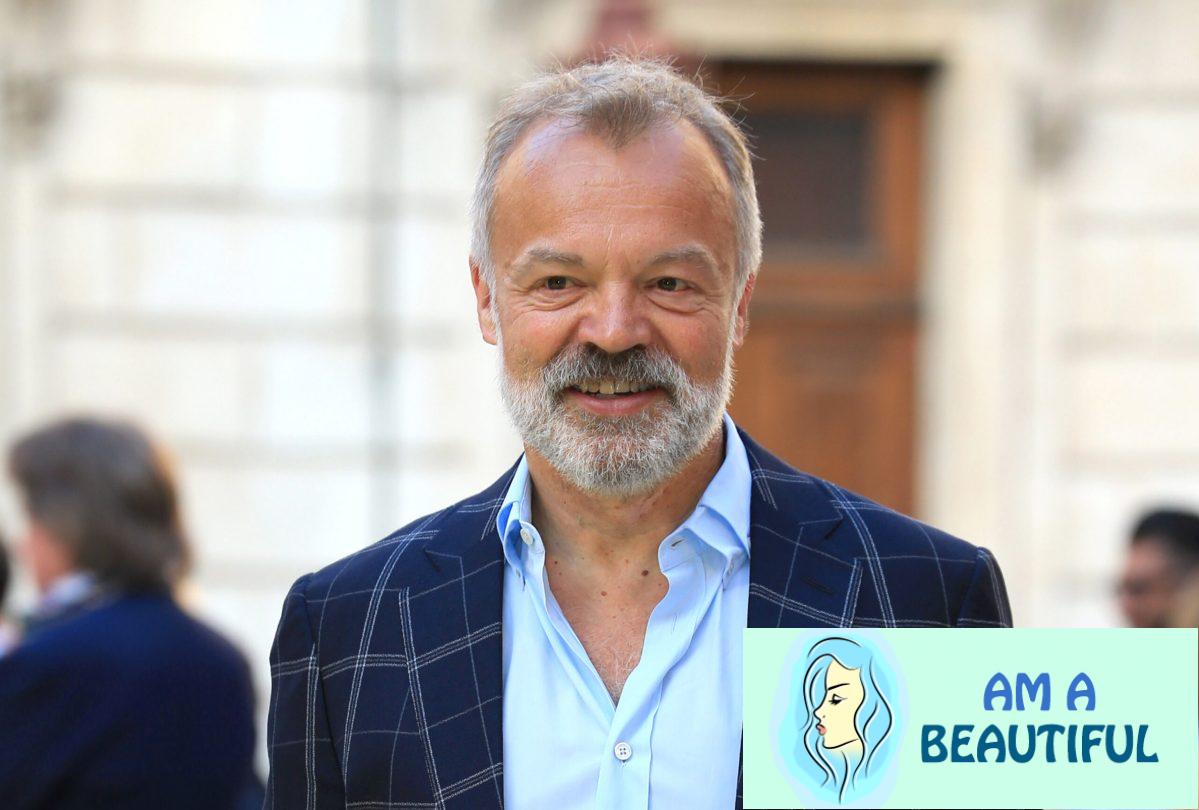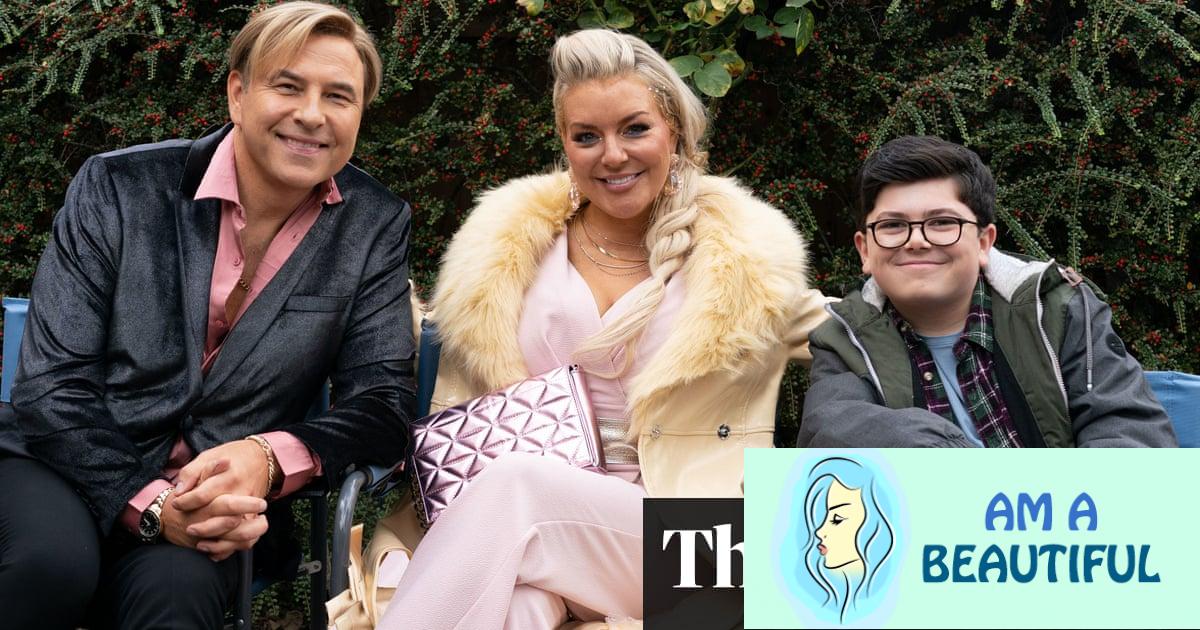Irish presenter Graham Norton, put on the spot in a recent interview, said that we should spend more time listening to trans people and experts—and made it clear that random celebrities such as himself shouldn’t be leading the discussion.
For this, anti-trans campaigner and novelist J.K. Rowling—mentioned in passing by interviewer Mariella Frostrup but not by Norton—said he (and singer Billy Bragg) were supporting rape and death threats.
Norton was subsequently buried in abuse; after several days of it, he closed his social media accounts.
Asked what she though about all this (after it blew up, but before Norton became a Twitter quitter) Rowling offered a succinct quip:
Why such an antagonistic response from Rowling, to such a measured (even anodyne) comment from Norton?
The obvious answer is that when Norton says “I’m painfully aware my voice adds nothing to that discussion,” it is interpreted by Rowling as an attack on her, and she thinks little about traducing people who go anywhere near the topic.
But more than that, it’s because “listen to trans people and their parents” — as reasonable, rational and uncommittal as it seems — lands a direct hit on how anti-trans rhetoric thrives in British media. This rhetoric centers on promoting the voices of celebrities, commentators and non-experts, while generally excluding medical professionals, academics and trans people themselves. Bringing in trans youngsters and their parents confronts abstraction with humanity, and it’s easier to dismiss people you’ve never really met.






No words, just emotions 🏆